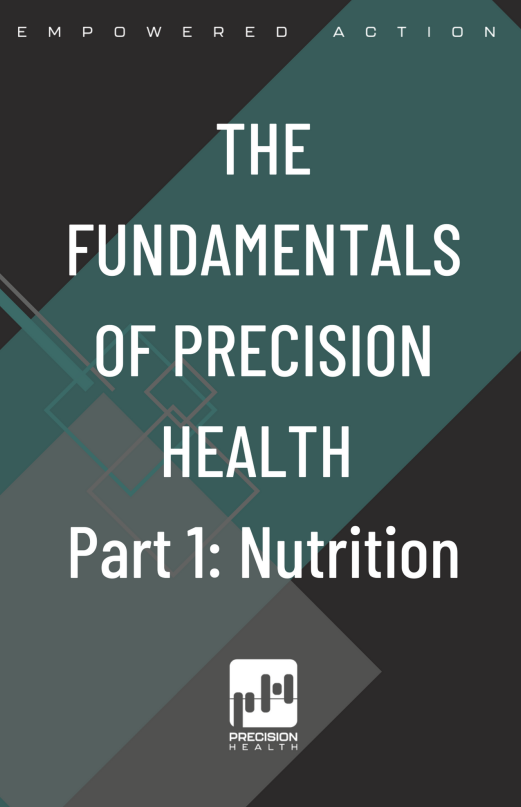
Hitting a weight loss plateau can be frustrating. You’re following all the rules, eating less, moving more, but suddenly, progress stalls. The common advice? Cut more calories, exercise harder. Yet, this well-trodden path often leads to depletion, hormonal imbalances, and a whole host of health issues. It’s time to debunk this approach and uncover a healthier way to move past plateaus.

Understanding the Plateau
When you embark on a weight loss journey, encountering a plateau can be both frustrating and perplexing. It’s essential to understand that there are primarily two reasons why you might hit a plateau, and recognising the difference between them is key to navigating this challenge effectively.
The first reason is a completely normal and expected part of the weight loss process. As you maintain a caloric deficit to lose fat, your body naturally adapts. The thyroid, which plays a crucial role in regulating your metabolism, starts to slow down in response to sustained calorie restriction. This adaptation is your body’s way of conserving energy and is a normal response to fat loss, which it perceives as a potential threat to its survival. In this scenario, the solution is counterintuitive yet effective: gradually increase your calorie intake to maintenance levels. Spend at least 4 weeks in maintenance calories. This approach aims to revitalise your metabolism without causing weight gain. It’s about giving your body a break and allowing it to reset, ensuring that when you do return to a caloric deficit, your metabolism is functioning optimally.

The second reason for hitting a plateau can be attributed to a less desirable cause: muscle loss. Muscle tissue is metabolically active, meaning it burns calories even at rest. If your weight loss strategy has led to a significant loss of muscle, your overall energy expenditure decreases, making further fat loss more challenging. This situation often results from an overly aggressive caloric deficit or insufficient protein intake, coupled with a lack of strength training. In this case, the solution still involves increasing your calorie intake, but the focus shifts towards rebuilding lost muscle. Consequently, some weight gain is to be expected during this phase, as muscle mass begins to increase. However, this is a positive development, as enhancing your muscle mass will boost your metabolic rate and improve your body composition in the long run.
When you have build the muscle back then you can start thinking of a calorie deficit that is more sustainable, making sure to keep your protein intake precise to your body’s needs.
Listen to your body
In summary, hitting a plateau is not the end of your weight loss journey but rather a signal from your body that it’s time to reassess and adjust your approach. Whether the plateau stems from a natural adaptive response or a loss of muscle mass, the remedy involves a strategic increase in calories. Understanding this distinction is crucial for continuing your progress towards your health and fitness goals without compromising your well-being.




